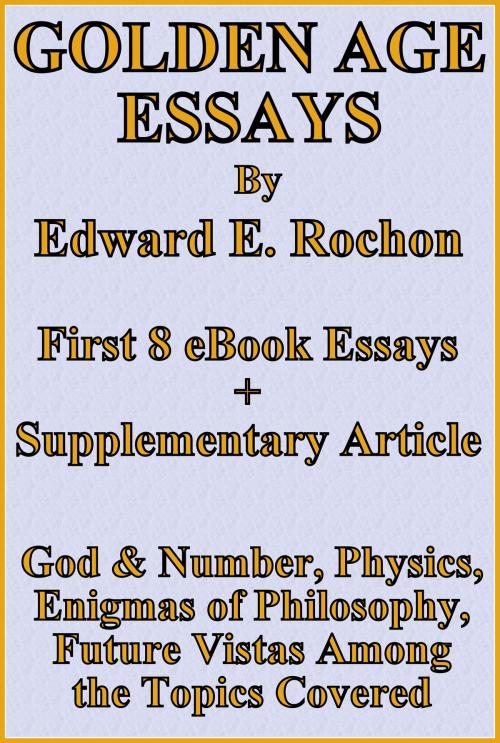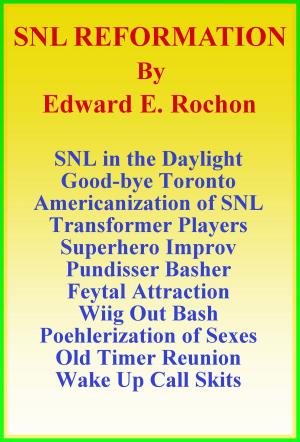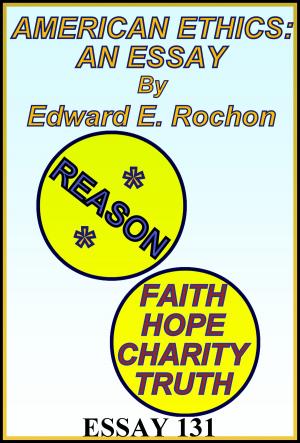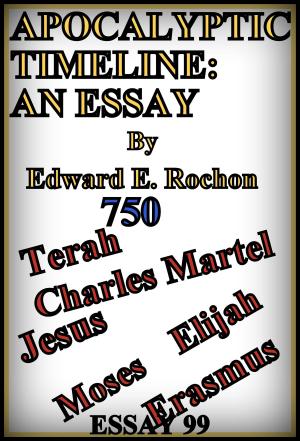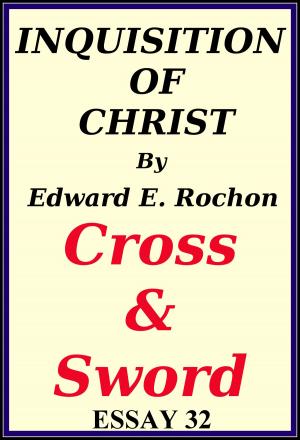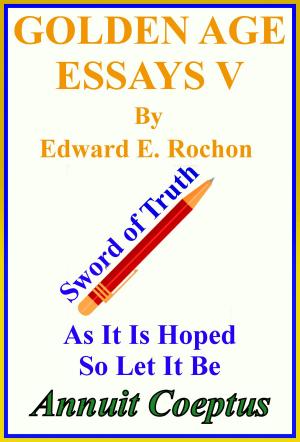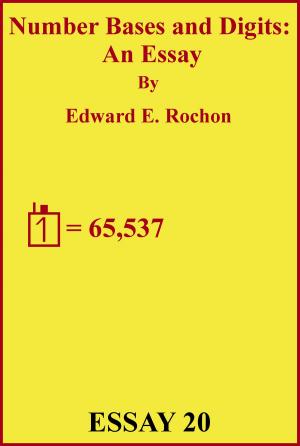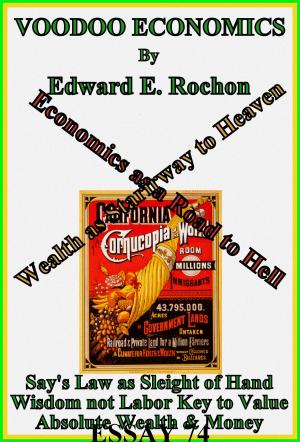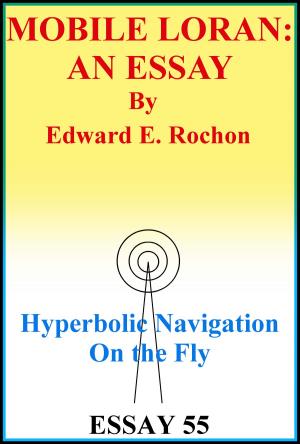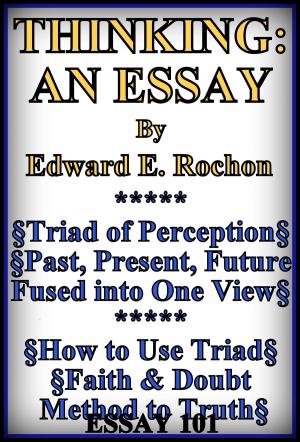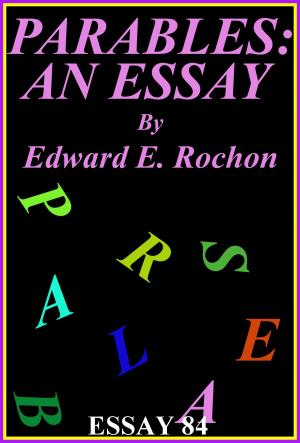| Author: | Edward E. Rochon | ISBN: | 9781301881703 |
| Publisher: | Edward E. Rochon | Publication: | May 17, 2013 |
| Imprint: | Smashwords Edition | Language: | English |
| Author: | Edward E. Rochon |
| ISBN: | 9781301881703 |
| Publisher: | Edward E. Rochon |
| Publication: | May 17, 2013 |
| Imprint: | Smashwords Edition |
| Language: | English |
The first essay upholds the views of Pythagoras regarding commensurable units. Non-Euclidean geometry is critiqued. A cubic view of existence is offered intimating that the Holy of Holies and the Kaaba hold their sway over men's minds based on this truth. The second essay offers a theory or algorithm based upon pushing forces and rejects invisible attractive forces as a reasonable explanation for invisible action at a distance. It offers the suggestion that harmonic transformation of matter is possible by utilizing electromagnetic energy in ways only intimated at to date. The third essay suggests that the mind can use multiple kinds of language based on sight, sound, voice, smell and taste. It suggests this would produce super-intelligent men. The fourth essay speculates that terraforming the earth is possible and could leave us with a new Garden of Eden. The fifth essay deals with the ways in which perception could be and is manipulated to lead men to false conclusions. It carries the argument over to ethical questions and honesty between men. The sixth essay deals with famous paradoxes and the explanations that can explain them. A major theme is the difference between stated facts and stated intent. The seventh essay returns to the debate between nominalism and realism, siding with the realists. This essay repeats and amplifies mathematical and metaphysical notions in the prior essays. The eighth essay upholds the reasonableness of deism against atheism using mathematics and metaphysics to do so. A supplementary article attacks the problem of irrational numbers and transfinite numbers from another perspective. Many of the same arguments are used in these essays but explained somewhat differently. The points are important and need to be worked over and over in the mind to get the reader on the right track. The ultimate intent of this compilation is to free men's minds from error and open up the golden road of truth, straight and narrow, leading to a pleasant world that men have so long pined away for.
The first essay upholds the views of Pythagoras regarding commensurable units. Non-Euclidean geometry is critiqued. A cubic view of existence is offered intimating that the Holy of Holies and the Kaaba hold their sway over men's minds based on this truth. The second essay offers a theory or algorithm based upon pushing forces and rejects invisible attractive forces as a reasonable explanation for invisible action at a distance. It offers the suggestion that harmonic transformation of matter is possible by utilizing electromagnetic energy in ways only intimated at to date. The third essay suggests that the mind can use multiple kinds of language based on sight, sound, voice, smell and taste. It suggests this would produce super-intelligent men. The fourth essay speculates that terraforming the earth is possible and could leave us with a new Garden of Eden. The fifth essay deals with the ways in which perception could be and is manipulated to lead men to false conclusions. It carries the argument over to ethical questions and honesty between men. The sixth essay deals with famous paradoxes and the explanations that can explain them. A major theme is the difference between stated facts and stated intent. The seventh essay returns to the debate between nominalism and realism, siding with the realists. This essay repeats and amplifies mathematical and metaphysical notions in the prior essays. The eighth essay upholds the reasonableness of deism against atheism using mathematics and metaphysics to do so. A supplementary article attacks the problem of irrational numbers and transfinite numbers from another perspective. Many of the same arguments are used in these essays but explained somewhat differently. The points are important and need to be worked over and over in the mind to get the reader on the right track. The ultimate intent of this compilation is to free men's minds from error and open up the golden road of truth, straight and narrow, leading to a pleasant world that men have so long pined away for.
